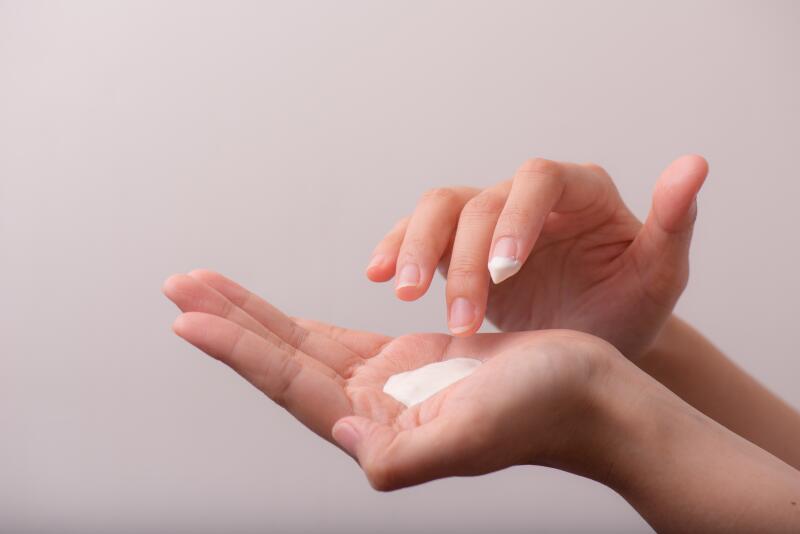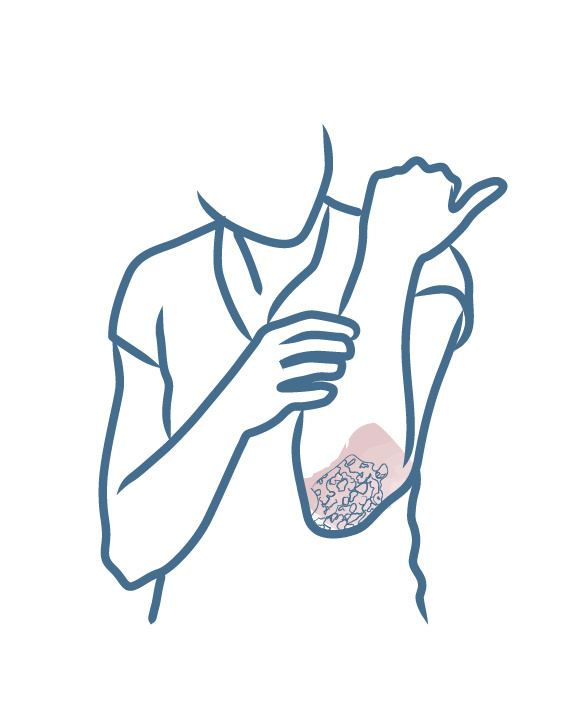-
Your concerns
Our articles to help you gain a better understanding
-
Our solutions
-
Ducray Dermatological laboratories
Our articles to help you gain a better understanding

When you have psoriasis, some days are more difficult than others, sometimes you're fed up of treatments and skin care! So, it's natural to wonder: will I have psoriasis my whole life? Am I ever going to find peace of mind again? When should you do something about you skin? When should I treat my psoriasis? When should I take care of my skin? In fact, taking care of your skin can apply to two different scenarios.

What's more, psoriasis is a chronic disease, which, more specifically, alternates between flare-up and remission periods. It is impossible to predict whether a flare-up is imminent, or whether the disease may go into remission for a few days or even a few weeks, or on the contrary, whether you are going to be suffering for an indefinite period of time…Taking care of your skin is also about keeping a close eye on any developments in the disease, changes in the appearance or location of lesions, the development of joint pain. And always see a doctor if needed.
Taking care of yourself all the time is essential not only to treat the current flare-up but also to reduce the risk of flare-ups in the future. Recent scientific publications have demonstrated the presence of global, subclinical inflammation in the skin of psoriasis patients. In other words, skin that appears healthy is not, and must be regularly hydrated with creams, balms or lotions to reduce the frequency of flare-ups.
Applying creams containing keratoreducing agents is beneficial during flare-ups as it reduces plaque thickness. Conversely, if used outside of flare-up periods, these creams can trigger the disease as they can mimic the effect of a microtrauma on the skin.
Taking care of your skin is also about limiting your contact with the trigger factors identified during previous flare-ups, e.g. cold, stress, alcohol, etc.
Psoriasis-prone skin

Skin prone to stubborn dry plaques
NEWSLETTER
Dermatological expertise
To better understand your skin and hair, discover our exclusive content and innovative care products designed to improve your quality of life..